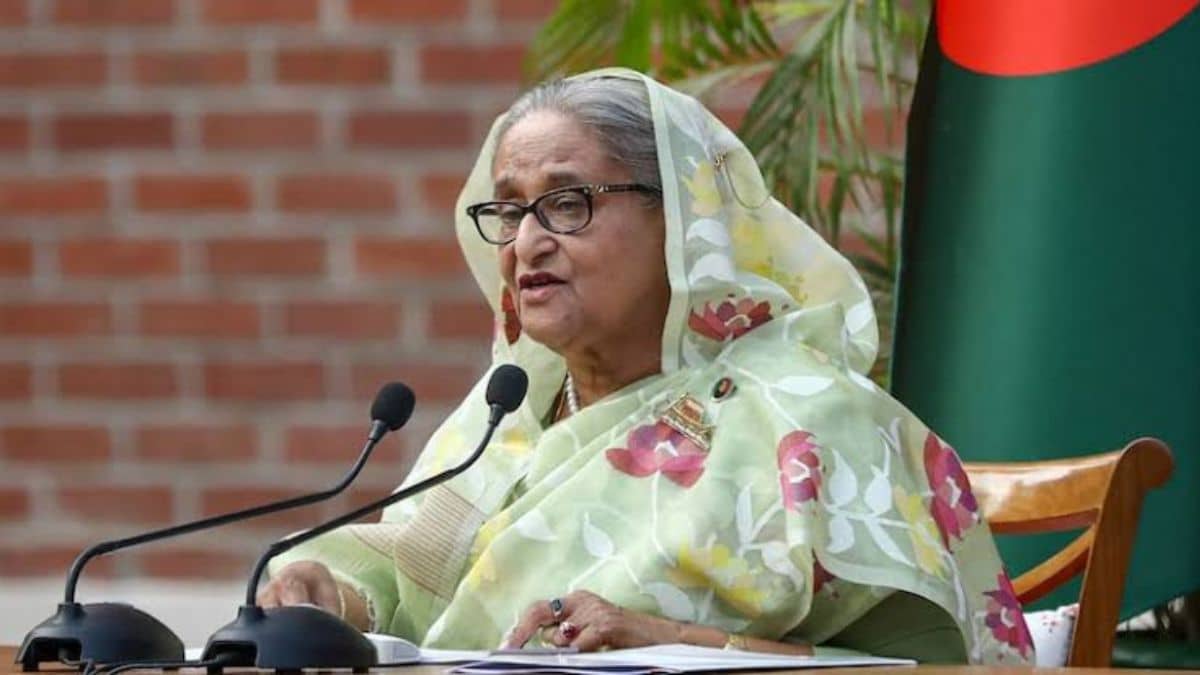Bangladesh finds itself at a crossroads of political uncertainty following the announcement by Army Chief General Waker-Uz-Zaman confirming the resignation of Prime Minister Sheikh Hasina. In a nationally televised address, General Zaman declared that an interim government would assume control of the country’s affairs.
Prime Minister Sheikh Hasina, who has led Bangladesh since 2009, reportedly tendered her resignation earlier today, citing unspecified personal reasons. Her departure marks a significant shift in the South Asian nation’s political landscape, known for its complex interplay of power between civilian governance and military influence.
The announcement by General Zaman, flanked by other senior military officials, has raised concerns both domestically and internationally regarding the future stability and democratic governance of Bangladesh. The military’s intervention in political matters, although not unprecedented in the country’s history, underscores the fragility of democratic institutions in the face of internal political strife.
The specifics of the interim government’s composition and its agenda moving forward remain unclear, adding to the anxiety gripping the nation. Bangladesh, a country of over 160 million people, has witnessed periods of political unrest and military rule in its recent history, punctuated by transitions between civilian governments and interim military-backed administrations. Observers and stakeholders both within and outside Bangladesh are closely monitoring developments for signs of stability and a swift return to democratic norms.

